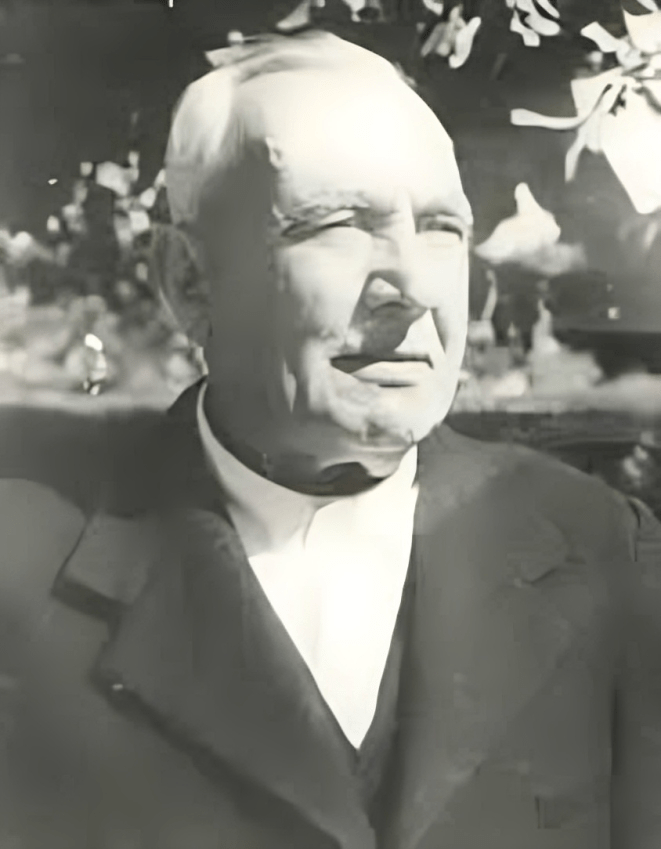Abdul Jabbar Khan, widely known as Dr. Khan Sahib, was the elder brother of Khan Abdul Ghaffar Khan. He is recognized as a dominant political figure and an able and efficient administrator from N.W.F.P. having no record of corruption during 1930-1947.
He was born in 1883 in Utmanzai village of Charsadda N.W.F.P. His father, Behram Khan was a notable Chief of the village. He got his early education at Edward Mission High School Peshawar. After Matriculation he went to Bombay and then to England for higher studies. He got his M.B.B.S. degree from Glasgow University and joined the Royal Army as a Captain doctor and served for some period at France in the First World from the Allied Forces. Later he returned to India and continued his medical practice. During Waziristan Campaign (1919-20) by the Royal Indian Force Dr Khan Sahib was accused of serving the anti-government people. When he was directed to either apologize or tender resignation, he took the last option and relinquished from his services in the army on the plea that it was his moral obligation to treat the injured people irrespective of their origin and allegiance. Thereafter he started private practice in Peshawar.
Dr. Khan Sahib joined his brother’s Khudai Khidmatgar (Red Shirt Movement), which later developed close contacts with the Congress. After 1937 elections, in the beginning Sir Abdul Qayyum formed the ministry, as the Congress Party refused to accept office until they were allowed to use their special powers. In September 1937 when the matter was finally settled, Dr. Khan Sahib formed the government after getting support of Congress and some members from other groups. He became Chief Minister of N.W.F.P. three times, first from 1937-39, then in 1943 and lastly in 1946 till he was dismissed on August 22, 1947 by the Governor George Cunningham on the advice of the Governor General of Pakistan.
After the creation of Pakistan Dr Khan Sahib did not give went to any kind of anti-Pakistan attitude as most of the Pro-Congress leaders displayed in N.W.F.P. He did not believe in the doctrine of the opposition for the sake of opposition. He wanted to serve the people even if he was not in power. Due to his altruism he became the Chief-Minister of West Pakistan after the proclamation of One Unit formula.
He was upright and conscientious and officially his conduct was unblemished. He was brutally killed on May 9, 1958 by a patwari from Mianwali who had been once dismissed on corruption charges and was not reinstated despite his appeal.
This article was last updated on Friday, Jan 04, 2008






